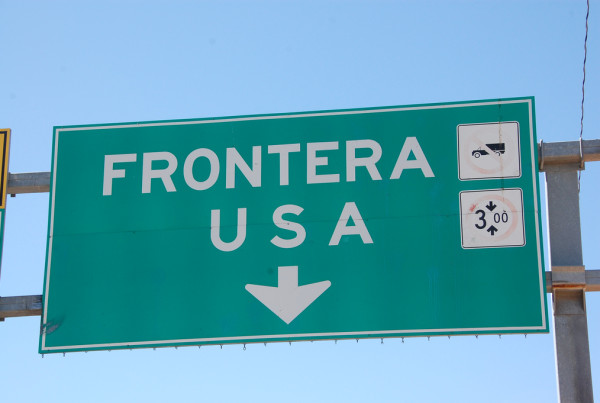
One of the consequences of the Paris terrorist attacks may be the strengthening of anti-immigration positions around the world, including the U.S.
And while it is hard to accept, as the controversial proto-fascist writer Ann Coulter says, that the attacks might favor Donald Trump, the truth is that the attempts and their aftermath may favor, not necessarily the real estate entrepreneur, but anti-immigration positions.
And for better or for worse these have always been present in the U.S., which has an ethos — customs and behaviors — that borders on schizophrenia and paranoia.
In fact, attitudes toward different immigrants, meaning those that are not the same as the ones already in place, can even be traced back to the British colonial era.
“Few of their children in the Country learn English… the Signs in our Streets have inscriptions in (two) languages … Unless the stream of their importation could be turned from this to other colonies, they will soon so outnumber us, that all the advantages we have will not in My Opinion be able to preserve our language, and even our Government will become precarious.”
The quote is not by Trump or one of his followers; and it is not talking about Mexicans or Latinos. It is a document from 1753 signed by Benjamin Franklin, where he complains about the large arrival of immigrants, dirty and boorish German immigrants.
The difference, of course, is that Franklin advanced his way of thinking, and 20 years later was one of the creators of the documents that led to the U.S. Declaration of Independence.
It is beyond difficult to think of Trump as someone other than a shameless self-promoting machine that uses legal tools to enrich itself, but the truth is that, for better or worse, his words represent a certain group’s way of thinking.
This group sees the Paris attacks, committed by refugees and immigrants collaborating with a few domestic radicals, as confirmation of its fear that immigrants, particularly undocumented ones, could be a threat to their country. And even though the alleged extremists or terrorists virtually always reached U.S. soil with legal visas, it is easier to focus on the southern border. It represents a real target.
There is nothing Mexico or the Mexican government can do about it. It involves attitudes embedded in the U.S. psyche, although it is not true for everyone or for the majority of U.S. citizens.
And it really does not matter if exaggerated measures are taken to prevent the entry of potential Arab extremists, or those from any other place, or the interception of carloads of Central American immigrants, or if the government turns the country into an enforcer of U.S. policy.
Racism was defeated in 1865 in the U.S. during the Civil War and was defeated again 100 years later during the Civil Rights movement, but it is still alive and is now reflected in immigration attitudes.
Within this framework, it is important for the current Mexican ambassador in Washington, Miguel Basañez, to become an expert on issues of public image and opinion. And even though miracles do not happen in politics, his work might help lay the foundations for a change of attitude.

Leave a Reply
You must be logged in to post a comment.